The United States and Saudi Arabia have a new security agreement.
The announcement was made by US President Donald Trump in the backdrop of Saudi Crown Prince Mohammed bin Salman’s visit to America. The Saudi leader, who is the de facto ruler of the Kingdom and known as MBS, met with Trump at the White House on Tuesday (November 18).
Controversy had erupted after Trump, during the meeting, downplayed the murder of Jamal Khashoggi, a Saudi critic and US journalist at the embassy in Washington. It must be noted that Saudi Arabia and Pakistan have signed a mutual defence agreement themselves. The latest announcements could reshape the politics in West Asia as well as the relationship between the US and Saudi Arabia.
But what do we know about the security agreement between the United States and Saudi Arabia? Should it worry India?
Security agreement eases weapons transfers
The United States and Saudi Arabia have signed a slew of agreements on Tuesday. The two countries agreed to cooperate in the field of nuclear power as well as artificial intelligence (AI). The White House said that the nuclear deal, in particular, establishes a “decades-long, multi-billion-dollar partnership built on strong non-proliferation standards.”
More importantly, this includes the sale of F-35 jets to Saudi Arabia in a “major defence sale package.” Trump seemed to signal this during an address to reporters at the White House on Monday, a day before the visit from MBS. “I will say that we will be doing that, we’ll be selling F-35s,” Trump said.
The F-35, a stealth craft, is one of the most advanced fighter planes in the world today. The 5th-generation fighter jet, made by powerhouse weapons manufacturer Lockheed Martin, is often referred to as America’s jewel in the crown and its “quarterback.”
However, each plane costs between $85 million and $115 million, and the lifetime cost of each jet is estimated at approximately $1 trillion. This is perhaps why some, including Elon Musk, have referred to it as a ‘white elephant’ and argued that drone warfare is the future.
This could impact Saudi Arabia’s relationship with Israel, which is already a relatively complex one. The US has spent billions on providing weapons to Israel in West Asia to give it an edge over its regional rivals, including Saudi Arabia and Iran. The move will undoubtedly raise the hackles of Israel as well as certain members of the Trump administration and officials within the Pentagon.
Saudi Arabia has asked to buy at least four dozen F-35 stealth fighter jets from Lockheed Martin. Until now, Israel is the only country in West Asia to have access to these cutting-edge fighter planes. The IDF has already warned civilian leadership of the same. “Israel’s air superiority in the Middle East depends on maintaining exclusive access to 5th-generation stealth craft," an internal assessment by the Israeli Defence Forces states.
Saudi Arabia has still not joined the Abraham Accords, which normalise relations between Israel and several Arab countries. MBS has said that while Saudi Arabia is open to doing so, it all depends on the question of Palestinian statehood – which Israel has ruled out.
“We want to be part of the accord, but we also want to be sure that we secure a clear path of a two-state solution,” MBS said. “We want them to coexist peacefully in the region , and we will do our best to reach a deal."
President Trump also announced that Saudi Arabia would be designated a Major Non‑Nato Ally (MNNA). This elevates the relationship between the two countries to a formal one, deepens defence ties, and puts Saudi Arabia on a par with around two dozen other countries, including Israel, Jordan, Kuwait, and Qatar. However, it does not include a ’long-awaited’ security guarantee that the Kingdom wants.
What this means for India
New Delhi is watching the development closely. This makes sense, considering that Saudi Arabia and Pakistan earlier this year signed a mutual defence pact. The agreement contains a Nato-like clause which says that an attack on one of the countries would be treated as an attack on both of them. This gains significance given the conflict between India and Pakistan earlier this year.
Indian analysts have expressed some concerns over the deal between Saudi Arabia and the United States. “A Saudi F-35 fleet would strengthen Saudi Arabia’s air dominance, compelling regional rivals and other near-neighbours, including India, to reassess air and missile defence postures,” an Indian analyst was quoted as saying by The Times of India.
They also worry that Pakistan could gain access to this top-secret material via Saudi Arabia. China has already seemingly reverse-engineered much of US technology to try to bring it on a par with its rival. Now, Pakistan and its air force would have the chance to do so.
This would be nothing new for Pakistan. Back in the 1970s and 1980s, Pakistan’s nuclear programme also relied on the AQ Khan network to smuggle information, including designs of centrifuges and technical know-how from Europe.
Another possible fallout of this deal would be that other nations in West Asia begin greatly increasing their own military spending, thus giving rise to a new arms race. While Saudi Arabia has maintained neutrality between India and Pakistan in the past, the new defence pact could mean that scenario may change completely in the future.
Experts say India should likely focus on trying to increase the production of its own LCA fighter jets, and that New Delhi can look to Russia’s SU-57 fighter jets, a rival to the F-35, as an alternative. Given Trump’s recent moves vis-à-vis Pakistan, India would do well to keep a close eye on things.
With inputs from agencies


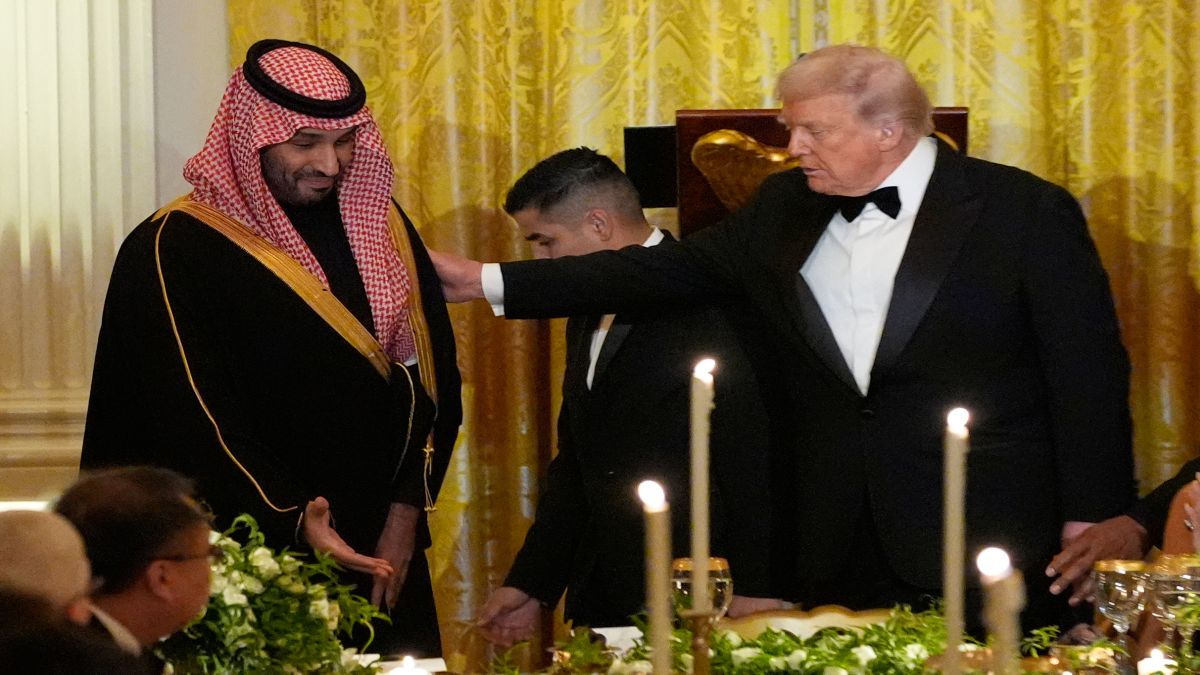)
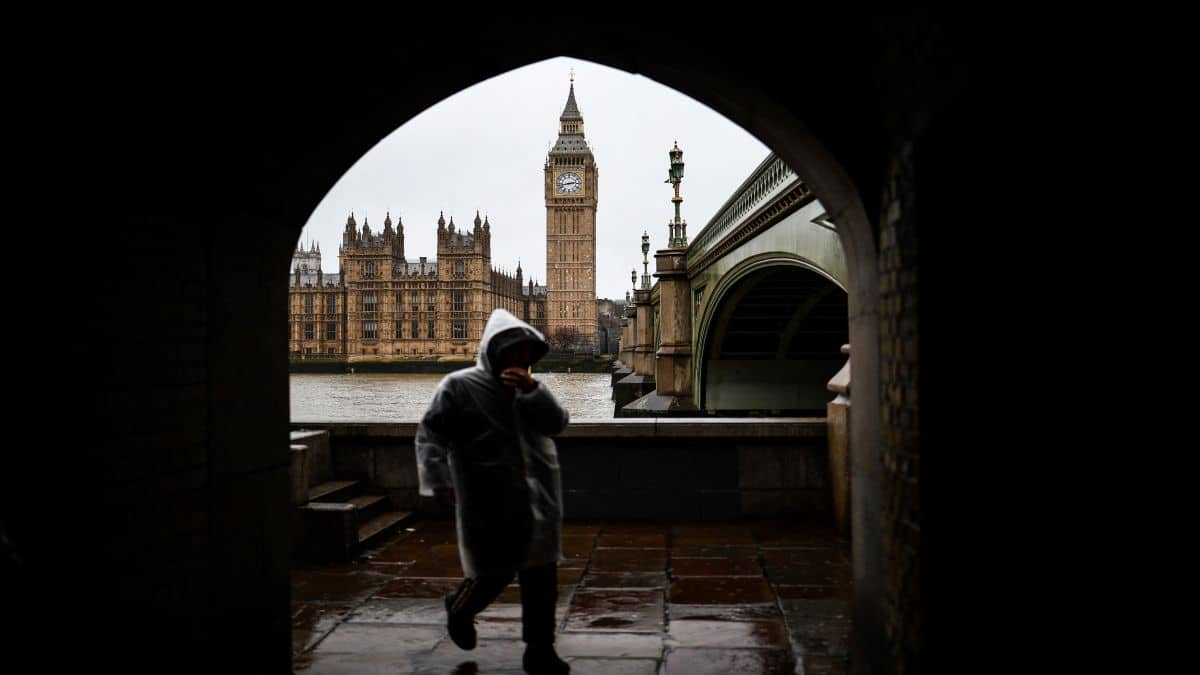
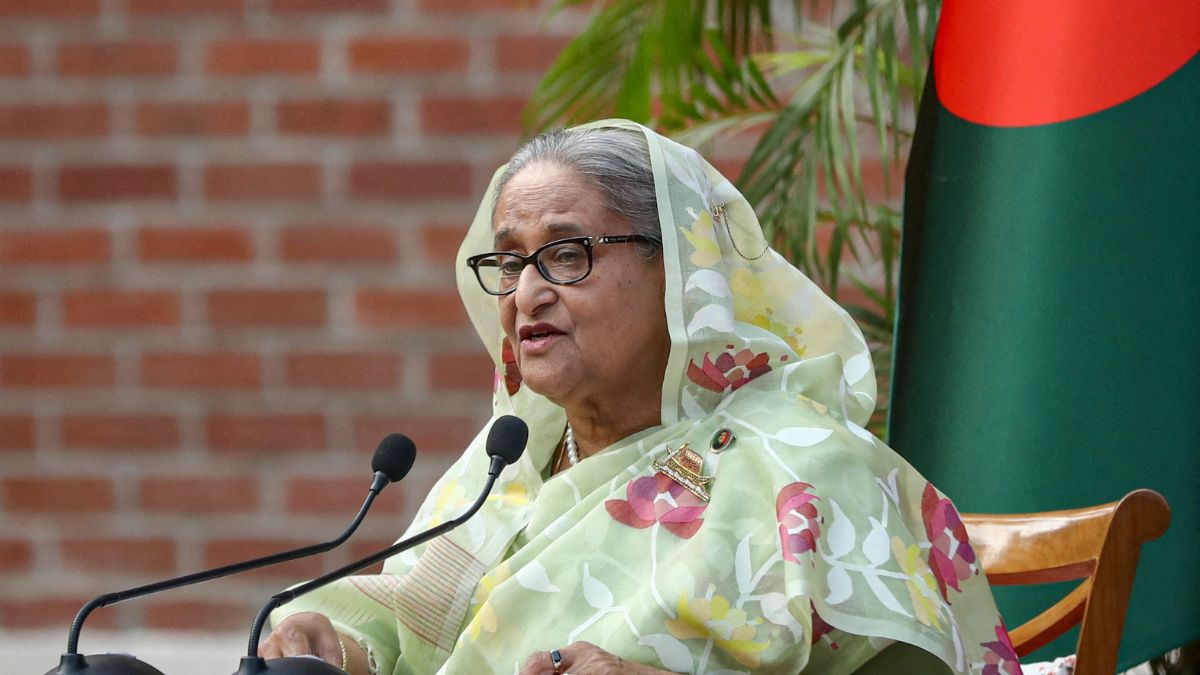)
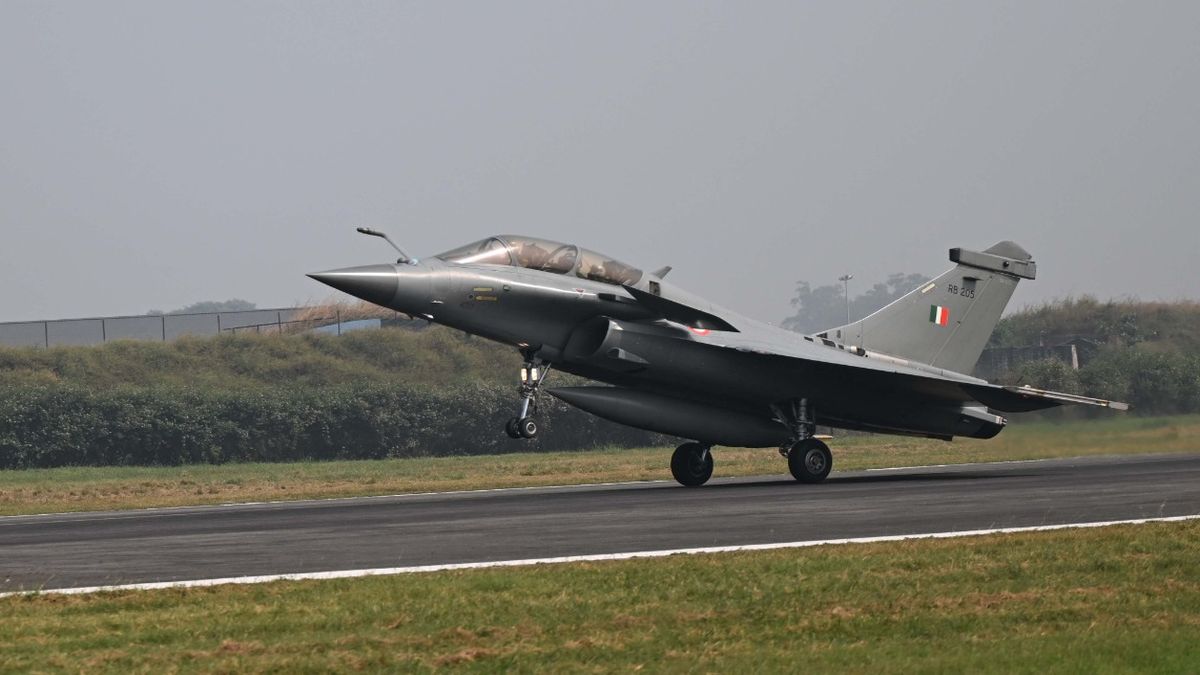)
)
)
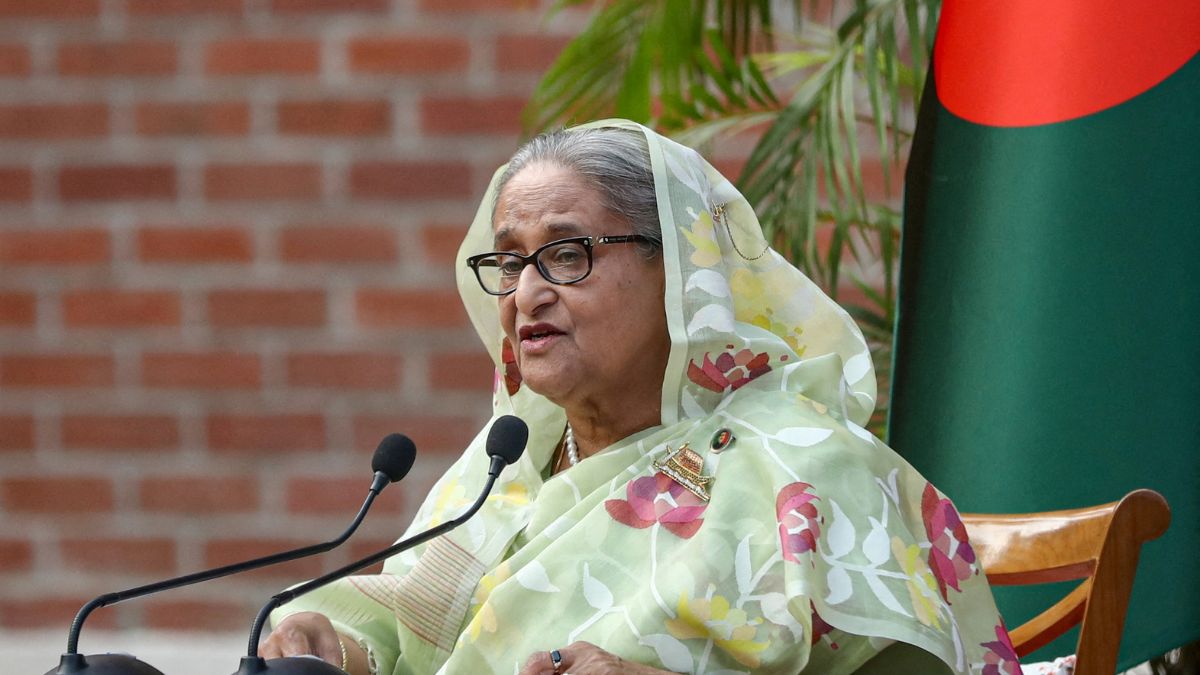)
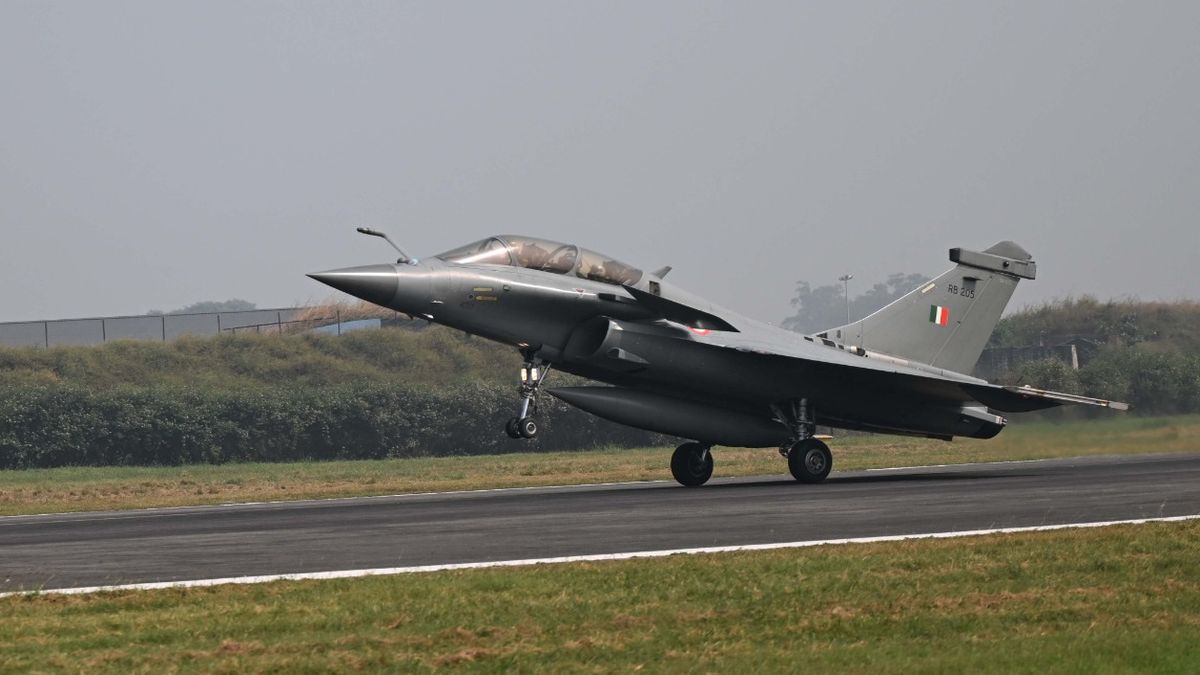)
)
)



